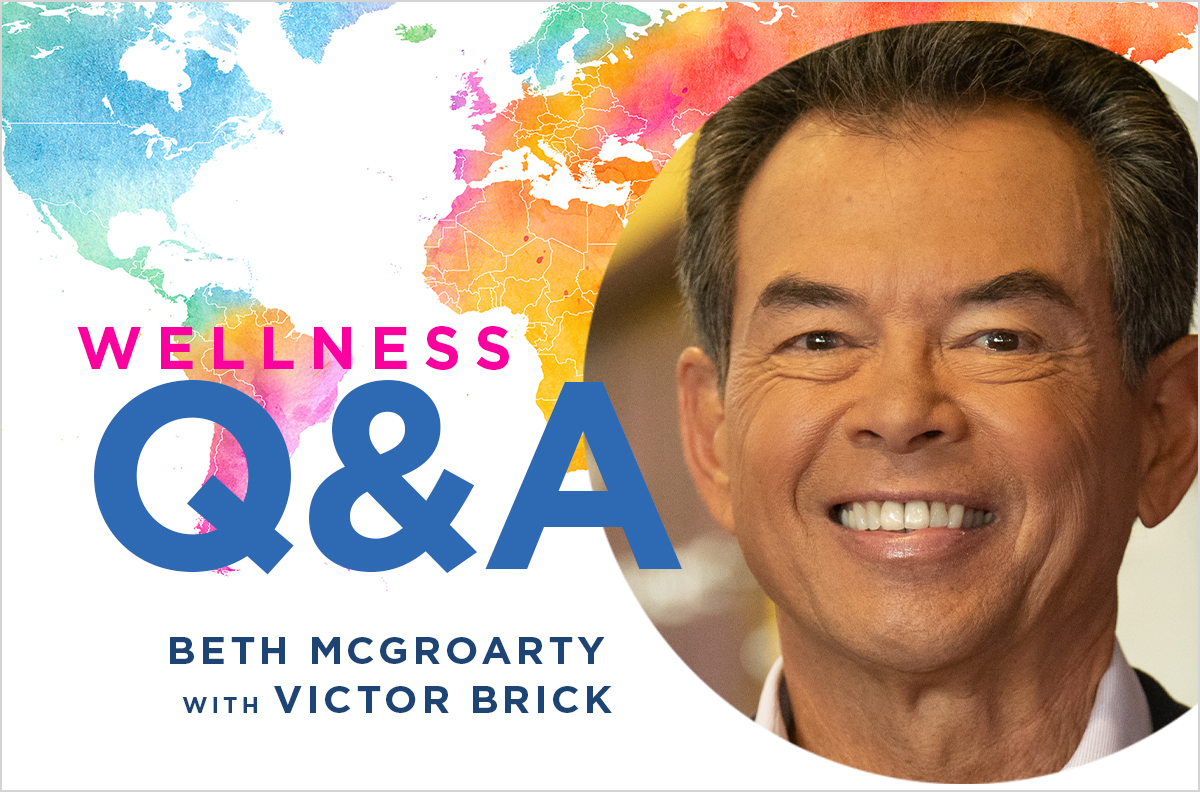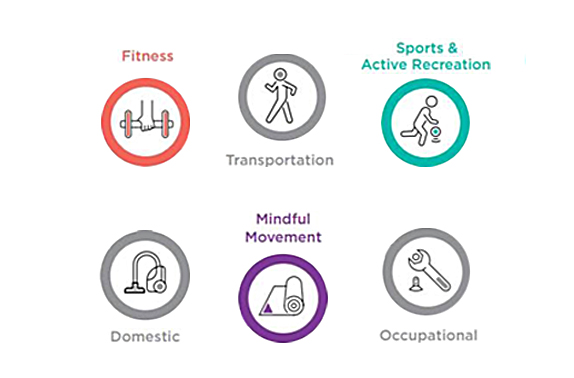There are numerous pathways to mental wellness, many of which are known to us but often seem like an impossible to-do list. In GWI’s report Defining the Mental Wellness Economy, we segment them into four broad categories: 1) activity and creativity, 2) growth and nourishment, 3) rest and rejuvenation, and 4) connection and meaning. These domains have mind-body and internal-external dimensions, although their boundaries may…





























































